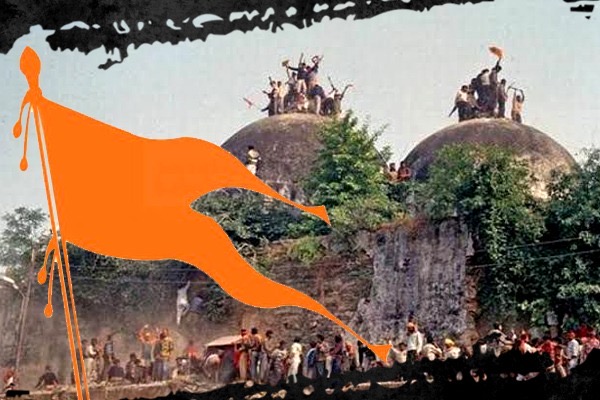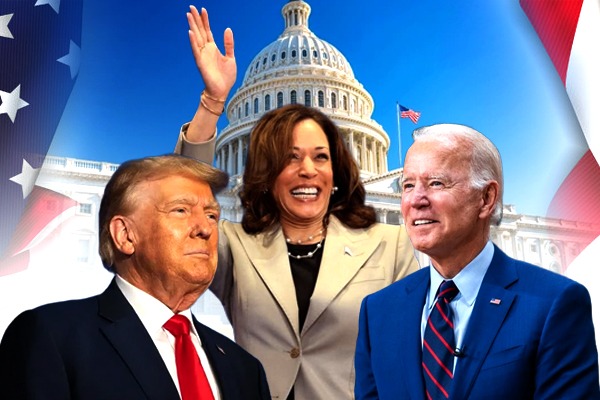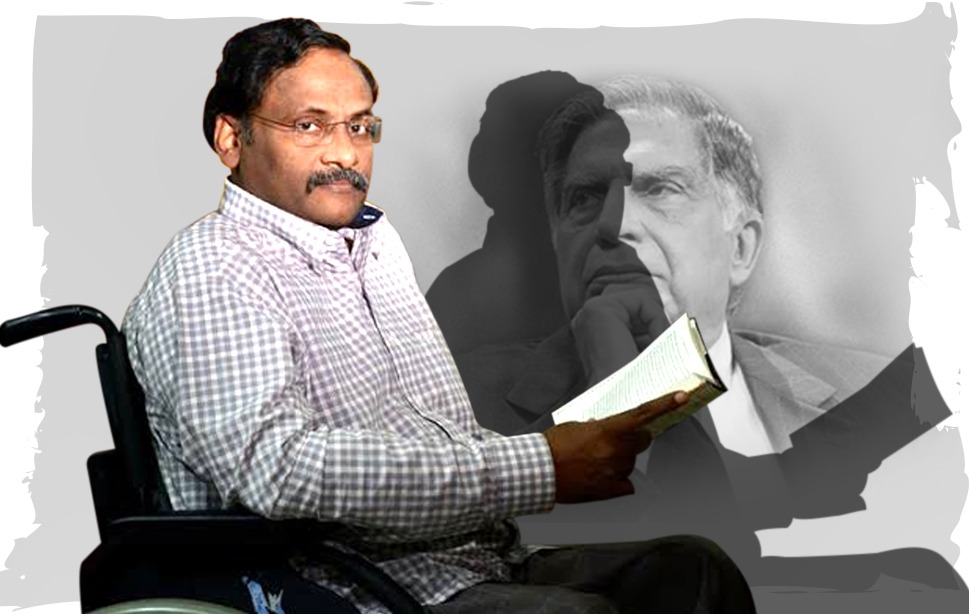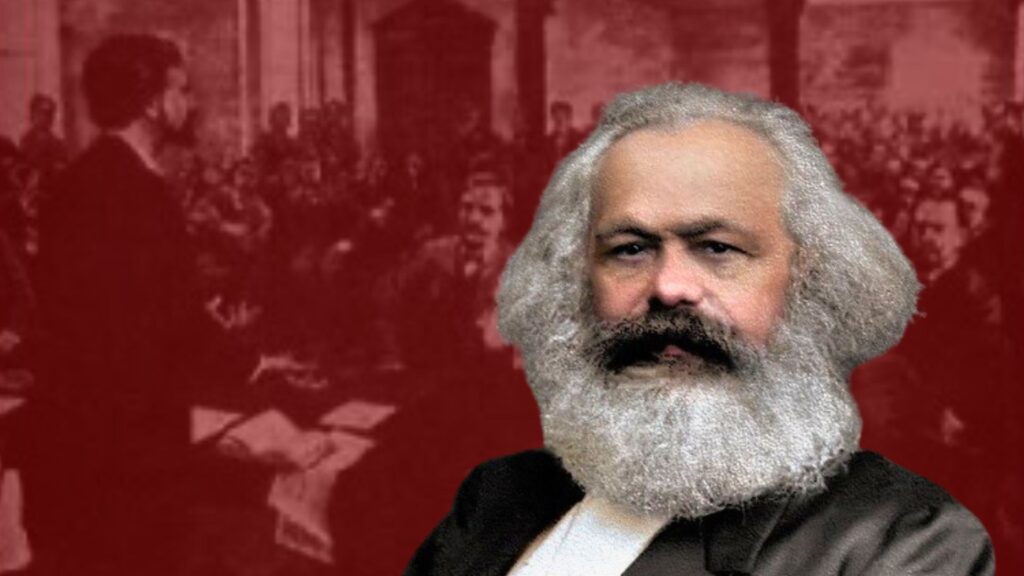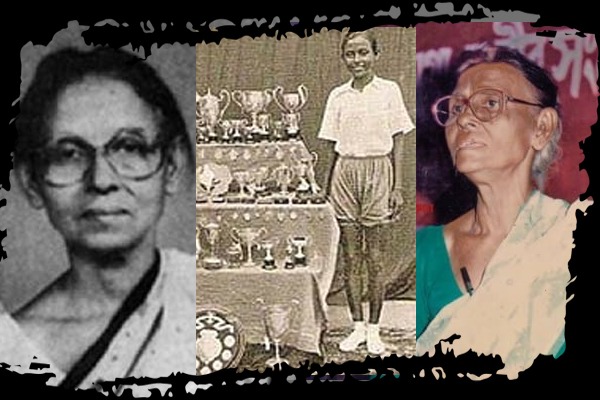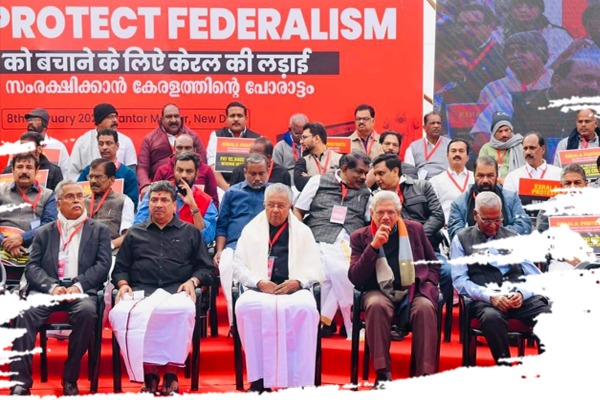Demolition of Babri was a signature of aggressive politics in the name of religious fundamentalism that had been enrooted into Indian political system very long ago. 6th December 1992 did not only mark the devastation of the structure but it impaired the scalp of the bonding between Hindu and Muslim. The unfortunate right that took place immediately after it snatched lives, livihood and more important the social security from thousands of minorities. It is one of the basic duties of any government to secure and safeguard the right of its minority people with the religious proforma they maintained. The right wing politics with their aimed machinery propaganda always have tried to air the justification of demolition as the act of religious sentiment and justice.
32 years have been passed till the date. The vandalism without any doubt has a very deep strong impact in the overall Indian politics. BJP led government is in the power for 3 consecutive times though this time BJP failed to achieve majority as being the single party. RSS, a strong religious sentiment based wing with other such organization campaigned the success (they consider this act of demolition as success for it Ram Mandir has been built) to take the dividend of religious sentiment that should give BJP, their political formation the advantage in the time of voting. Though in 2024 Lok Sabha poll the result of BJP is considerably poor in compare to 2019 or 2014 election. In 2024 election BJP managed to win only 37 seats out 80 whereas in 2019 before building Ram mandir they secured 62 seats. Even the consistency that included Ajodhya was loss battle for BJP as their candidate had to lose the seat by a margin of 54,567 votes to the Samajwadi Party candidate Awadesh Prasad.
If we go back to the history we can find the unstable time of Indian politics after the assassination of Rajiv Gandhi in 1991 staged, Narasimha Rao, a leader from non Nehru-Gandhi dynasty to the crown of Prime ministership. One strong reason behind that he was a veteran and long serving minister in the central government. In his tenure this social massacre in form of Masjid demolition took place and because of this the question is till raised if he was himself a Hindu nationalist rather than secular congress leader of Nehru-Gandhi legacy.
After it 3 decades have sprinted and majority of political parties have started to incline towards soft or aggressive religious politics according to the situation. With the passing time in Indian democracy most parties have become very adept in practicing it as they think it to be way to consolidate their vote banks in their favour. Secularism in the true sense has not been practiced rather it is used us a wrapper but inside the flesh of appeasement politics dominates the system. Now this kind of approach threaten the secularism structure in a long run. Most political leaders especially belonging to the right wing parties believe that they should encash religious sentiment. Now when it is politically encouraged there is huge chance of opening the gate of religious fundamentalism. Hate speeches have been craftily designed to result in mass outburst against community belonging to different religion so that riots, turmoil, social disturbance, mass chaos can be triggered .
The result of it is polarized politics and automatically when polarized politics dominate the air, the issues regarding to earning, livelihood, education, health, environment can be easily ignored and maximum people remain in just a hallucinated state that they care little about such and prepare to involve in snaffle, bloodshed, violence in the name of protecting religion.
Even the education system we have is not enough to produce secular mind. The propaganda is such that secularism is such an abstract idea that it is only a theory without proper implementation or practice. In India if we go situation wise left parties are not that strong for various reason, so the control of different governments is mostly in the hand right winged parties. Now after this incident it is not only BJP even the state based parties have taken pro-religious stand and while governing through different policies they have undertaken the ventures of religious appeasement. It is a very dangerous sign as earlier I have mentioned such kind of political atmosphere is favorable to begat the religious fundamentalism. Constitutionally, India is a secular country that does not favour any religious belief but respect all.
“.. the ground has to be leveled”, said BJP star of that time Atal Bihari Vajpayee on the grounds of Aminabad, a day before the Babri Masjid was razed to the ground. The slogan, ”Babri to bas jhanki hai , Kashi Mathura baki hai’, stands testimony to the yearning that continues to haunt India even toady. Now Hindu Mahasabha, an aggressive right wing religious based organization reportedly prepared a list of 880 structures that they consider originally to be Hindu temples later occupied by Muslim rulers and transformed into Mosques, Idghas, Imambaras, Baradaris, Cemeteries and graves of Sufi Saints.
In February 2004 nearly three months before BJP led NDA was defected in the general election, the writer V.S Naipul remarked at a gathering of Delhi BJP Party office “Ayodhya is a sort of passion. Any passion is to be encouraged. Passion leads to creativity.”
Suhas Palshikar, a political commentator and former head of the department of political science at Pune’s Savitribai Phule University said, ” There of course, always were majoritarian tendencies but Gandhi – Nehru leadership could keep them under check and the constitution provided a certain legitimacy to these efforts to keep away majoritaianism. Though the eighties that began to change and the way India has so far responded to Babri demolition indicates that the changes are to stay. “
Babri was demolished long ago but most political parties want this issue to keep burning as the blaze will benefit them in different ways under different equation. So as Indian politics flow with the polarized version, Babri flows to keep the interest of the polarized politics.

